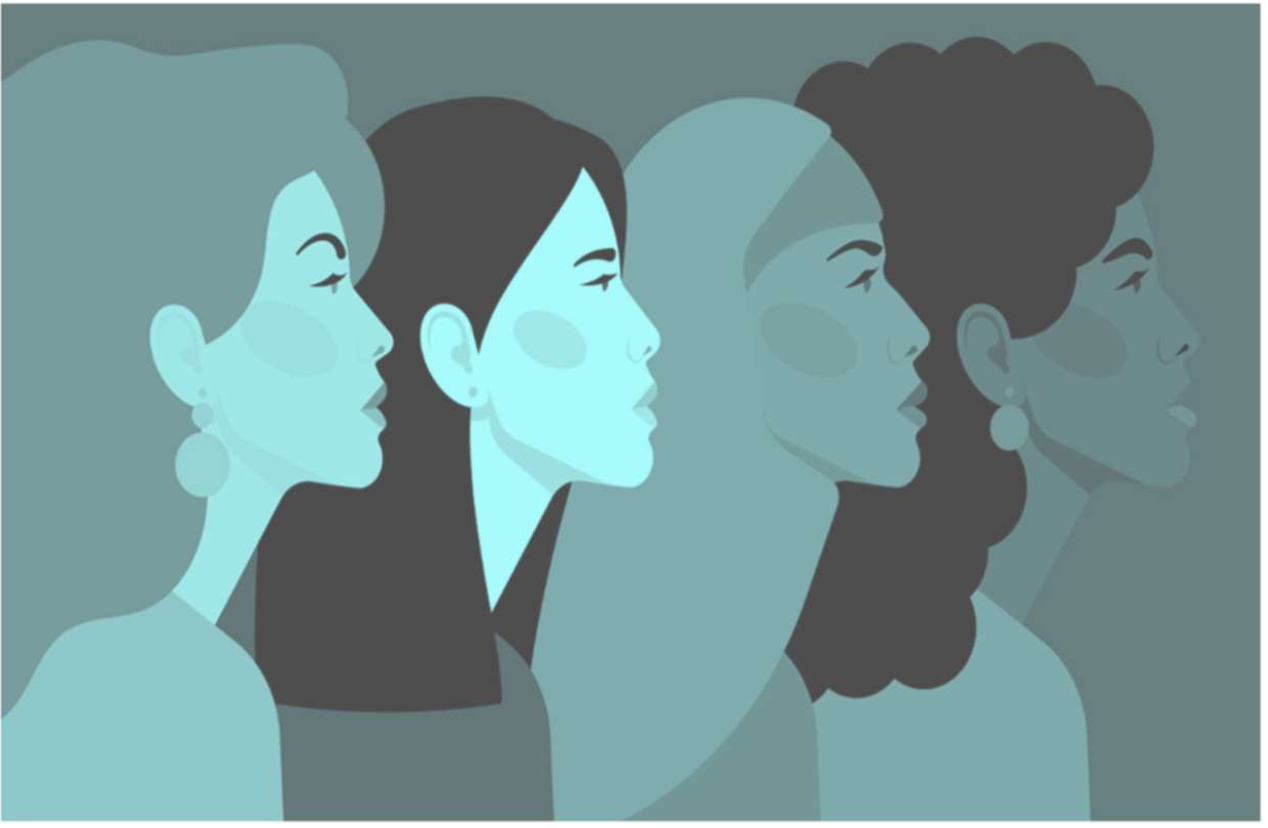FOR IMMEDIATE RELEASE
December 14, 2021
Contact: William Lutz | lutz@iwpr.org | (202) 684-7543
Washington, D.C. – The Institute for Women’s Policy Research (IWPR) today released two survey briefs that capture the experiences and economic situations of young women during the COVID-19 pandemic recovery. The new briefs will be discussed in a webinar today on supporting young women during the pandemic recovery.
Based on survey data from 1,421 young women collected in June 2021, these new briefs provide insight into young women’s perspectives on their careers and finances during the early recovery period of the pandemic. The data reveal optimism on the part of young women as the nation continues its recovery, as well as challenges for socioeconomically disadvantaged groups.
One survey question asked young women if they felt they had achieved, or were on their way to achieving, the “American dream,” however they chose to define it:
- 81.8% of young women surveyed say that they have achieved or are on their way to achieving the “American dream.”
- A similar percentage (80.4%) of currently employed young women are very or somewhat satisfied with opportunities for advancement at their jobs.
“Even with the challenges presented by the COVID-19 crisis, young women demonstrate tremendous resilience and optimism about their economic situations going forward,” said C. Nicole Mason, President and CEO of the Institute for Women’s Policy Research. “These aspirations should be supported by continued investment in the well-being of women and families.”
While a large share of young women feel optimistic about their future, the data also indicate that young Black, Latina, and LGBTQ women faced more obstacles due to the pandemic and recession when compared to all women:
- 29.3% of young Black women, 27.1% of Latina women, and 35.7% of those identifying as LGBTQ or gender nonconforming reported experiencing career setbacks, compared to 24.3% for all young women.
- 70.5% of Black women and 62.9% of those identifying as LGBTQ or gender nonconforming reported worrying about their finances sometimes or almost daily, compared to 55.3% for all young women.
Young Black women also lack access to financial help from their parents, reflecting racial disparities in intergenerational wealth accumulation: only a third of young black women (34.6 percent) who received financial assistance turned to their parents, half the share of young White women (70.7 percent).
Policy proposals like student loan debt forgiveness, child care assistance, and increasing the federal minimum wage would provide structural supports for these young women as they recover from pandemic-related setbacks. The data show broad support for these initiatives among all young women:
- 74.5% somewhat or strongly support forgiving all student debt;
- 77.6% somewhat or strongly support raising the federal minimum wage to $15 per hour by 2025; and
- 82.5% somewhat or strongly support guaranteed child care support.
“An increased federal minimum wage, child care assistance, and debt forgiveness are crucial initiatives if we are to ensure that young women, especially women of color and LGBTQ women, are able to achieve long-term economic security,” said Mason.
Learn more in IWPR’s new reports, Unequal Present, Unfair Future: Young Black, Latina, and LGBTQ Women Face Greater Economic Challenges during the Pandemic by Shengwei Sun and Resilience in Hard Times: Young Women Report Optimism in the Face of Pandemic Recession by Jeff Hayes.
###
The Institute for Women’s Policy Research strives to win economic equity for all women and eliminate barriers to their full participation in society. As a leading national think tank, IWPR builds evidence to shape policies that grow women’s power and influence, close inequality gaps, and improve the economic well-being of families. Learn more at IWPR.org and follow us on Twitter.



